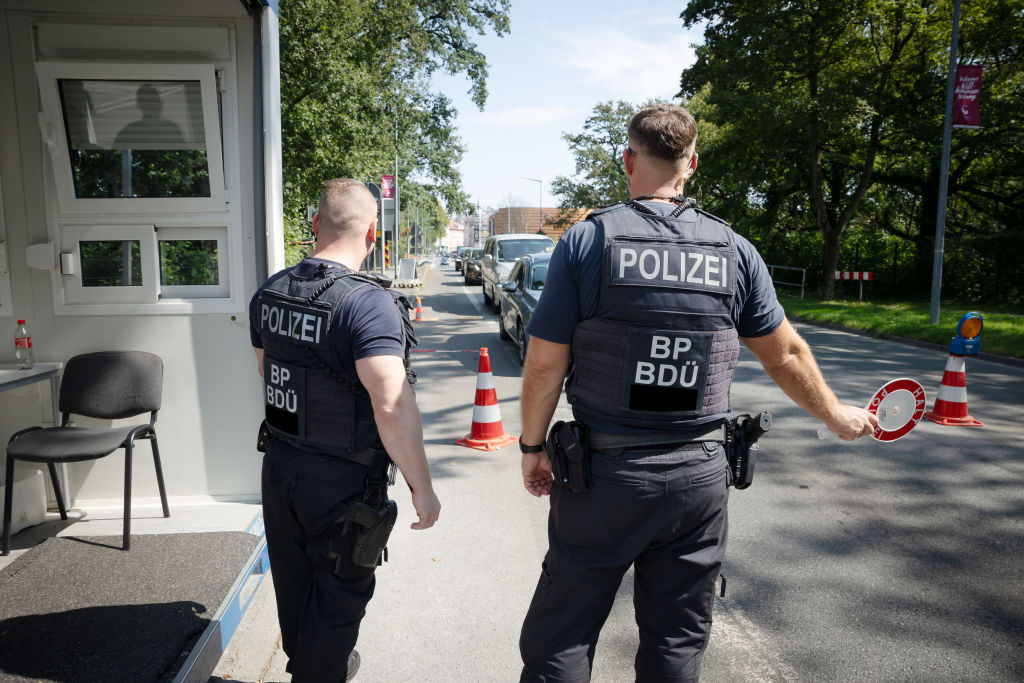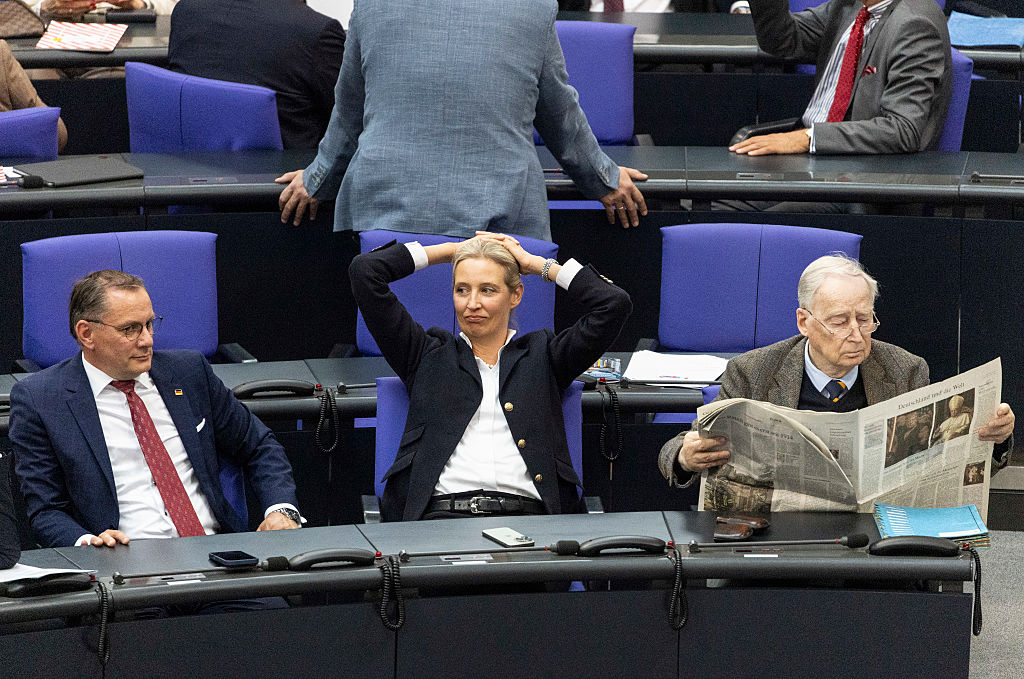The Bundestag, the main chamber of German parliament, has decided to put a transitory stop to family reunification for certain types of immigrants.
On June 27, a 444 to 135 majority of MPs voted in favour of a two-year hiatus. Besides the MPs of the government coalition of the Conservative Christian Democratic Union/Christian Social Union (CDU/CSU) and Social Democratic Party (SPD), the MPs of the right-wing Alternative for Germany party (AfD) also voted in favour of the proposal.
The new law, though, only applies to so-called beneficiaries of subsidiary protection. These are people who are not entitled to protection as refugees or to asylum in Germany but who are “at risk of serious harm” in their countries of origin.
Currently, there were about 381,000 beneficiaries of subsidiary protection living in Germany, according to the Tagesshau news outlet on June 27 – 78 per cent of whom were Syrians.
They initially got the right to stay in Germany for three years with multiple extensions possible. After five years they would be legally entitled to stay in the country if they met certain criteria such as a basic command of the German language.
Beneficiaries of subsidiary protection currently have the right to bring their family members – spouses, parents, and children – to Germany with them.
A quota system has limited family reunification to 12,000 individuals per year since 2018. This right will now be suspended for two years. What would happen after that was unclear.
Furthermore, family reunification would remain possible in “cases of hardship”, which reportedly included bringing underage children or the parents of unaccompanied underage migrants to Germany.
Germany’s interior minister Alexander Dobrindt (CSU) said the new government under Chancellor Friedrich Merz was “setting the migration policy tone for this legislative period”.
He argued that the German social and education systems as well as the housing market were “at the limit”.
In addition, Dobrindt said the government wanted to foil human traffickers, saying: “Only one person has to make it to Germany, then the whole family can follow.”
Left-wingers were critical of the new law. Greens MP Marcel Emmerich called the temporary end to family reunification “merciless”.
Other commentators said the law did not go far enough.
Hansjörg Huber, a law professor in the University of Zittau/Görlitz, said the new legislation was “purely symbolic” at a public hearing preceding the vote.
Against the backdrop of 2 million asylum applications from 1990 to 2024 and the fact that more than 1 per cent of the Afghan population now lived in Germany, the suspension of reunification with 12,000 people per year “seems like pure symbolism without any tangible remedy”, he said.
A speaker for AfD called the law “a teeny-tiny step in the right direction”.





